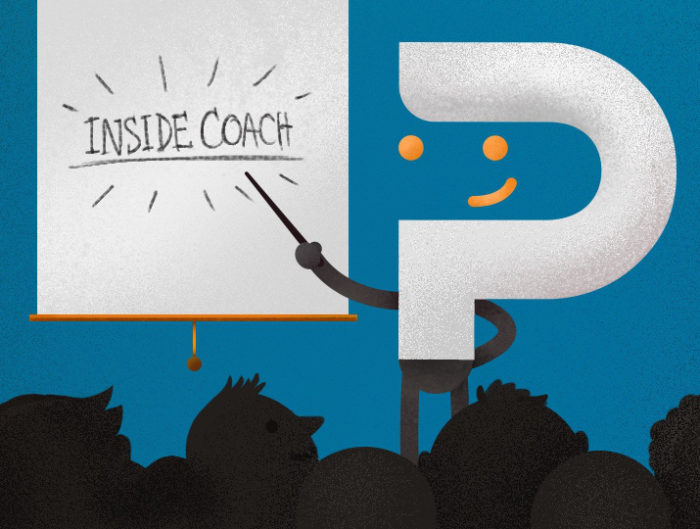Finding the right balance between pushing children to excel in sports and allowing them to enjoy sports without any pressure is a challenge that many adults face. While youth sports can be a valuable part of a child’s development, it’s important to avoid placing too much emphasis on winning and high levels of commitment at a young age. Unfortunately, studies have shown that 70% of children drop out of organized sports by age 13, and this lack of enjoyment is often the common denominator.
So, how can adults – parents and coaches – help youth athletes excel in sports without the pressure?
To help children stick with and excel at sports, John O’Sullivan, the founder of Changing the Game Project, suggests three key ingredients:
- Intrinsic motivation
- Enjoyment
- Ownership
Intrinsic motivation
Intrinsic motivation refers to the internal drive or desire to engage in an activity for its own sake, rather than for external rewards or pressures. In the context of youth sports, intrinsic motivation means that young athletes are driven to participate in sports because they find it enjoyable, challenging, or fulfilling. They are not motivated solely by the desire to win or to please their parents or coaches.
Parents and coaches can foster intrinsic motivation in young athletes by creating a positive and supportive environment that values effort, growth, and enjoyment over winning or external rewards. This, in turn, can lead to greater engagement, persistence, and satisfaction for children in sports and other areas of life.
Enjoyment
Enjoyment refers to the positive emotions and feelings that children experience while participating in sports. When children enjoy sports, they are more likely to be motivated to participate, persist, and improve.
Enjoyment should be a central goal for parents and coaches, rather than just focusing on winning or external rewards. To foster enjoyment in children, parents and coaches can create a positive and supportive environment that values fun, creativity, and exploration.
They can also encourage children to play multiple sports and to have a variety of experiences, rather than pressuring them to specialize or win at all costs.
Ownership
Ownership refers to the sense of responsibility, autonomy, and control that young athletes feel over their own sports experiences. When athletes have a sense of ownership, they are more likely to be engaged, motivated, and invested in their sports participation. Parents and coaches can foster ownership in youth athletes by giving them opportunities to make decisions and have a voice in their sports experiences.
By giving children a sense of ownership, parents and coaches can help them develop important life skills such as leadership, decision-making, and self-efficacy.
An Approach to Help Youth Athletes Excel in Sports and Life
Picture this: a group of young athletes running onto the field with joy in their hearts and determination in their eyes. They are not just there to win or to please their parents or coaches. They are there because they love sports and the thrill of the game. As a parent or coach, you can help these young athletes achieve this level of engagement, persistence, and satisfaction in sports by following the advice of John O’Sullivan.
Intrinsic motivation, enjoyment, and ownership – these are the three key ingredients that will help children excel in sports and in life. So, let’s make a commitment to find the right balance between pushing our young athletes to excel in sports and allowing them to enjoy sports without pressure. Let’s create an environment that’s not based on transaction – where young athletes can thrive and develop the skills and qualities they need to succeed in sports and in life. With our support, encouragement, and guidance, they can achieve great things, both on and off the field.

 FRA
FRA


































